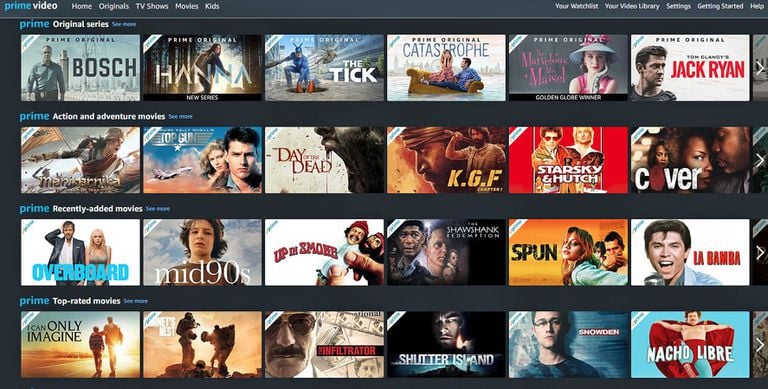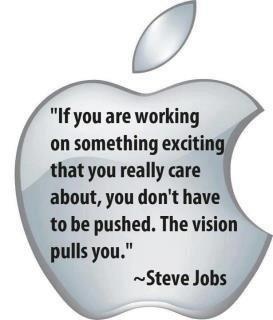sales selection
-
Sales Selection Tools: Do You Get What You Pay For?
- December 9, 2021
- Posted by: Dave Kurlan
- Category: Understanding the Sales Force

If you have used Indeed to hire salespeople, they will offer to have your candidates take a free sales assessment. Doesn’t that sound great? It is great if the assessment is helpful but it happens to be a useless piece of crap. Why would anyone think, for even a moment, that there is any value in their lame, assessment-in-name-only test?
In this article we’ll explore how Indeed’s sales assessment compares to the gold standard in sales candidate assessments from Objective Management Group (OMG).
-
New Data Shows an Overlooked Finding Correlates to Sales Effectiveness
- October 15, 2020
- Posted by: Dave Kurlan
- Category: Understanding the Sales Force

Compatibility is not only important, it could be one of the most overlooked criteria in hiring sales candidates. Let’s do a deep dive!
-
The New York Times’ Misleading Article on Assessments and Their Use Cases
- March 3, 2020
- Posted by: Dave Kurlan
- Category: Understanding the Sales Force

The New York Times, which is often accused of publishing fake news, published an interesting article comparing personality tests to astrology. The story included specific assessments like The Myers-Briggs Type Indicator, The Hartman Personality Profile (Color Code), Plum, and DiSC. Myers-Briggs reports on sixteen dimensions of personality, the Hartman Profile has four dimensions of personality, Plum uses AI to predict cultural awareness, teamwork and communications, and DiSC has four dimensions of behavioral styles.
I had so many reactions to this article and I have attempted to collect and assemble them into a coherent article that I believe will be worth your while.
-
Good Sales Recruiting is Like Selecting Movies and TV Shows
- November 5, 2019
- Posted by: Dave Kurlan
- Category: Understanding the Sales Force

Do you like movies and TV Shows? I love them!
How do you go about selecting the next movie or show you will watch? Do you look for a specific show, watch the trailer and if you like the trailer, watch it? Or, do you look at all of the new releases, or everything in a particular genre, narrow down the selections, watch several trailers, and finally choose one?
Most people use the second scenario which, by the way, is a very good approach for selecting and hiring salespeople. Unfortunately, that’s not how most companies go about it.
-
Six Overlooked Factors When Hiring Salespeople
- April 11, 2019
- Posted by: Dave Kurlan
- Category: Understanding the Sales Force

I’ve been sick with my annual bout of asthmatic bronchitis – fun stuff – and the question I’ve been asking myself is, “how long will it last this year?” Historically, it’s takes 2-4 weeks for this to subside and it sucks big time during that 2-4 weeks. But thinking about time frames got me thinking about one of the universal timelines and challenges facing companies everywhere.
How long should it take for a new salesperson to become successful and why do so many of them fail?
-
5 Sales Hiring Mistakes and Fake Resume Claims
- October 10, 2017
- Posted by: Dave Kurlan
- Category: Understanding the Sales Force

One of the regional sales managers asked, “What are the 5 Biggest Mistakes that Sales Managers Make When Recruiting Salespeople?”
While that question is quite easy to answer, most companies, including their recruiters, HR professionals, sales leaders and executives are guilty of some or all of the following 5 mistakes:
-
Applicant Tracking and Sales Candidate Assessments Fit Like Ducks Take to Water
- November 21, 2016
- Posted by: Dave Kurlan
- Category: Understanding the Sales Force

Back to the Applicant Tracking analysis. My first takeaway is that it validated what I knew only anecdotally –
that just about every mid-market and large company are using cloud-based applicant tracking systems and smaller companies are quickly moving in that direction too. It makes sense. If companies are using cloud-based job sites to source candidates, then it only makes sense that they would be integrating applicant tracking as well.My second takeaway is that with all of these companies sourcing from the cloud and tracking from the cloud, why aren’t more of them using the best sales candidate assessment in the cloud? I have 4 possible answers to that question:
-
Are Millennials Who Enter Sales Better or Worse Than the Rest of the Sales Population?
- August 31, 2016
- Posted by: Dave Kurlan
- Category: Understanding the Sales Force

Millennials are more independent, more spoiled, have a shorter attention span, tend to be more into their technology than into people, don’t like working traditional hours, and don’t enjoy working in traditional ways. That said, would you expect them to be better or worse suited for selling than the generations who came before them?
I took to the data to see what story it might tell. I found data on more than 43,000 millennials in sales and here is what I learned. This information should be very helpful for hiring new salespeople and developing them as well.
-
The Craziest, Most Unusual Sales Selection Criteria and What Really Works
- August 9, 2016
- Posted by: Dave Kurlan
- Category: Understanding the Sales Force

It was just last month that I wrote this hugely popular article about the tech buyer who hated salespeople. In the first paragraph I mentioned that I had a crazy case of poison ivy. At about the one-week point, I started searching Google to find anything that might help ease the itching and discomfort. As you might guess, the remedies I found included some very crazy things that common sense would tell you to stay away from. Well, in the 31 years I’ve been in the sales consulting business, I have heard some very crazy sales selection criteria too. When salespeople are hired but don’t work out, executives and in some cases, entire industries, stick their head in the sand and call it normal or acceptable. Life insurance, where turnover can run as high as 90%, is a perfect example of this. Insurance industry executives say that it’s perfectly normal. However, outside of the insurance industry, most executives will try just about any remedy to stop the discomfort. Here are some of the craziest I’ve seen.
-
The One Sales Data Point That Varies Wildly
- June 13, 2016
- Posted by: Dave Kurlan
- Category: Understanding the Sales Force

In my last article, we discussed big data and big lies in the sales assessment space and touched on OMG’s 230,000,000 data points. Most of the data points are very consistent across cultures and continents, but there is one that varies wildly depending on the role, the country, and the culture.

